Pete Harkema drove to Chicago on a recent overcast Wednesday, en route to a fundraising meeting for a nonprofit board for which he serves as chairman.
Along the way, he stopped to pay tolls.
Kind of like real life lately—medical concerns are taking their toll on the Rockford resident.
Harkema’s long-term plans came to an abrupt halt several months ago. There was no fast pass or free ride. It was a road block he could not change—he had lung cancer.
“I’m a non-smoker,” said Harkema, 67. “Right around the first of April, I was diagnosed out of the blue.”
Harkema has no family history of cancer, but he had battled a persistent cough for several months. Nothing that kept him up at night, just a dull, slightly annoying need to cough frequently.
“Working with the doctors, they eventually uncovered the cancer,” Harkema said. “Fortunately for me, even though the cancer had spread outside the lung, the genetics in my cancer cells matched with a new targeted treatment.”
Harkema has a gene abnormality, called the ALK mutation, that can cause cancer development and growth. Patients with this form of lung cancer typically are non-smokers, just like Harkema. Bundled up in pill form, the targeted treatment blocks proteins produced by the abnormal gene.
Instead of undergoing radiation and chemotherapy infusions, the retired college administrator takes the crizotinib chemotherapy pill twice a day.
He said doctors told him only 5 percent of cancer patients are candidates for the treatment, approved in 2011 by the Food and Drug Administration.
“I’m one of a small group of people who are able to benefit from this treatment, which has been effective and also treats me kindly,” he said. “I’ve been able to pretty much do life normally, so that’s a good thing.”
Alan Campbell, MD, a medical oncology specialist at Spectrum Health Cancer Center, said Harkema is doing well on the crizotinib, which targets and attacks cells containing the ALK mutation.
Although the treatment is not completely non-toxic, Dr. Campbell said the drug can promote significant tumor shrinkage and preserve quality of life. He said Harkema’s results are encouraging and he is feeling quite well.
“He’s a remarkable guy with tremendous vitality, humor and positive energy and a wonderful wife and family,” Dr. Campbell said. “Though he, of course, was surprised and devastated by this unexpected diagnosis, these qualities have continued to strengthen and sustain him through the ups and downs. It has been a pleasure, a privilege and an inspiration to care for him.”
Harkema’s recent scan showed what he and Dr. Campbell hoped to see—the tumor shrunk and there are no signs of new cancer.
“The treatment, at least at this stage of the game, is working,” Harkema said. “The methodology is it attacks the cancer cells and leaves my good cells alone. That’s less toxic to the body and allows me to live life normally.”
He is still able to enjoy life’s passions—his close relationship with his wife, children and grandchildren, gardening, golf and gym time.
But Harkema can’t yet set the cruise control. He journeys along cautiously, hoping to someday put the cancer in his rear-view mirror.
“It was such a stunning diagnosis (and) it still is the thing I focus on,” he said. “I try to remain positive, but it can be a pretty deadly thing. I think differently about my future for sure. I’m more cautious about making plans and thinking about what comes next.”
The first scan proved encouraging. Harkema hopes to continue on that positive journey.
“I’m still trying to assess the progress,” he said. “The first marker was a good sign. In early fall, they’ll do it again. I’m hopeful, but confidence is an overstatement of how I feel. The treatment and results are too recent for me to develop a confidence that I’m going to be alive in 10 years. I have to develop a perspective on all this.”
Still, not having to visit the hospital for regular chemotherapy treatments or undergo harsh radiation effects was a bonus for Harkema.
He feels fortunate to be able to take the alternative medicine.
“I think that somewhat blunted the blow of the diagnosis,” he said. “It left us with some hope that we could deal with this. I see the research leading to this treatment and its effectiveness as another evidence of God’s grace in my life.”
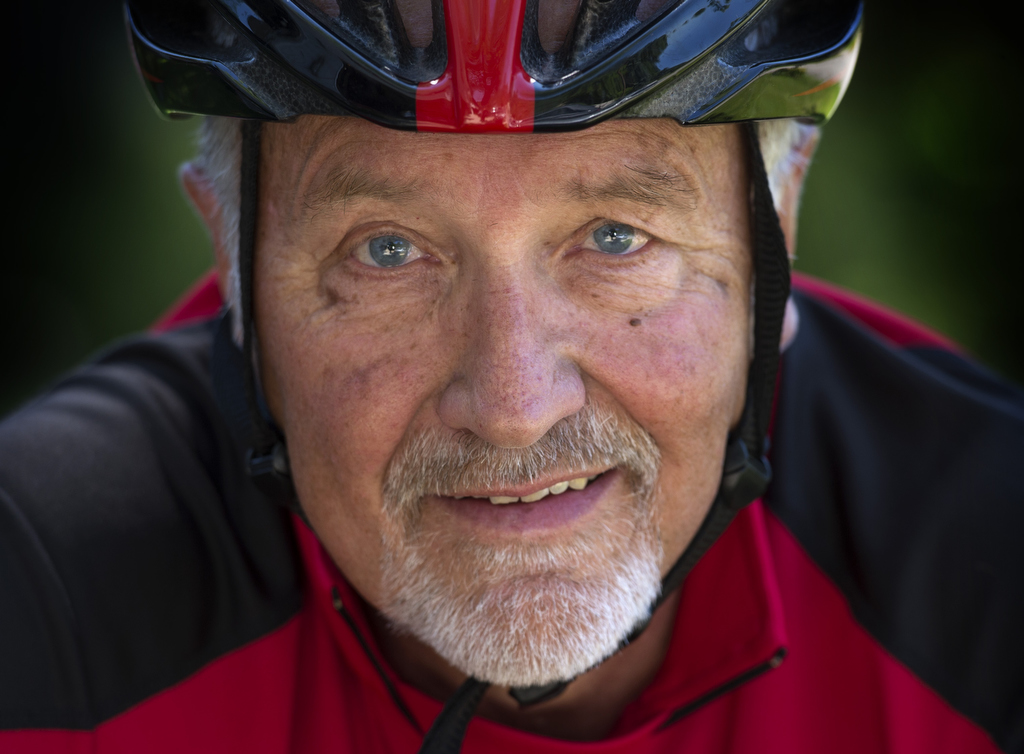

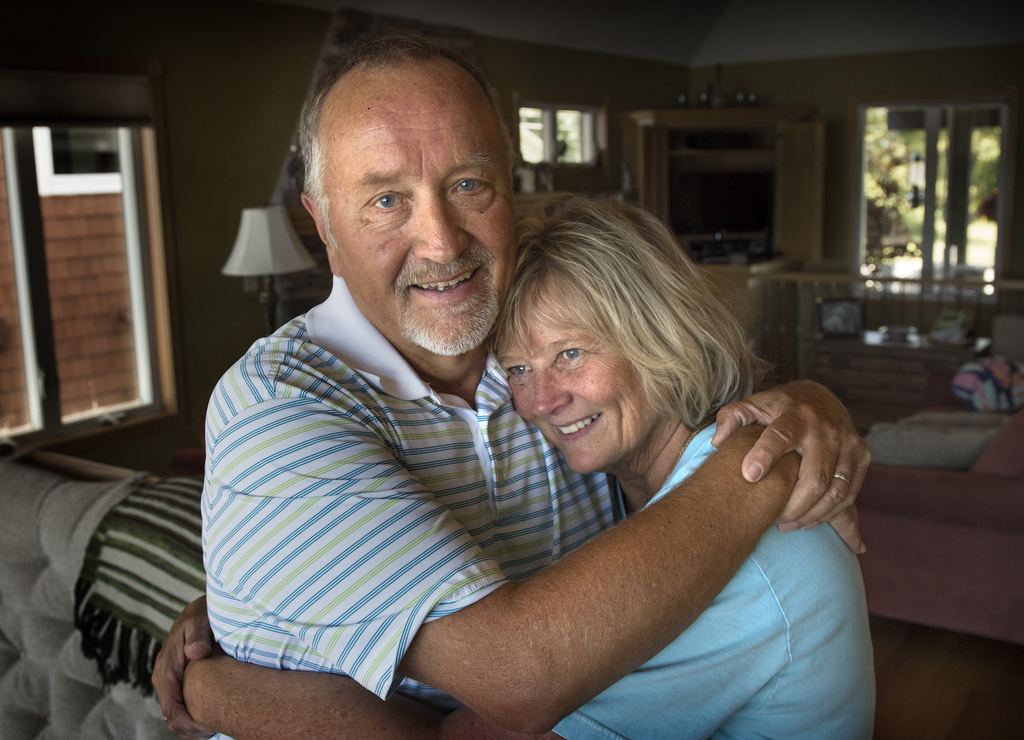



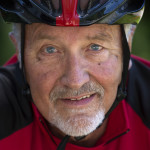
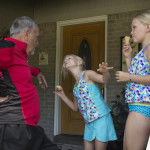
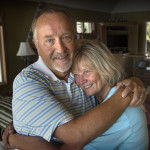



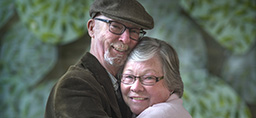 /a>
/a>
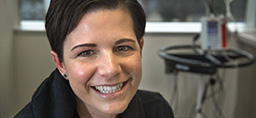 /a>
/a>
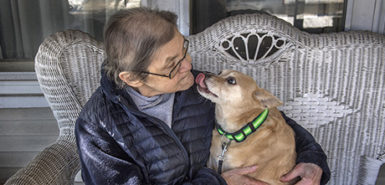 /a>
/a>
Pete, Best wishes to you and your family! I have traveled down a different cancer roads but am doing great and so want to encourage you too!
Dr Campbell is great, you are in good hands.
Barb VanNoord
Thanks for commenting, Barb, and for being a Health Beat reader! 🙂
Pete is and has been an above average human being we all admire and love. jim kok